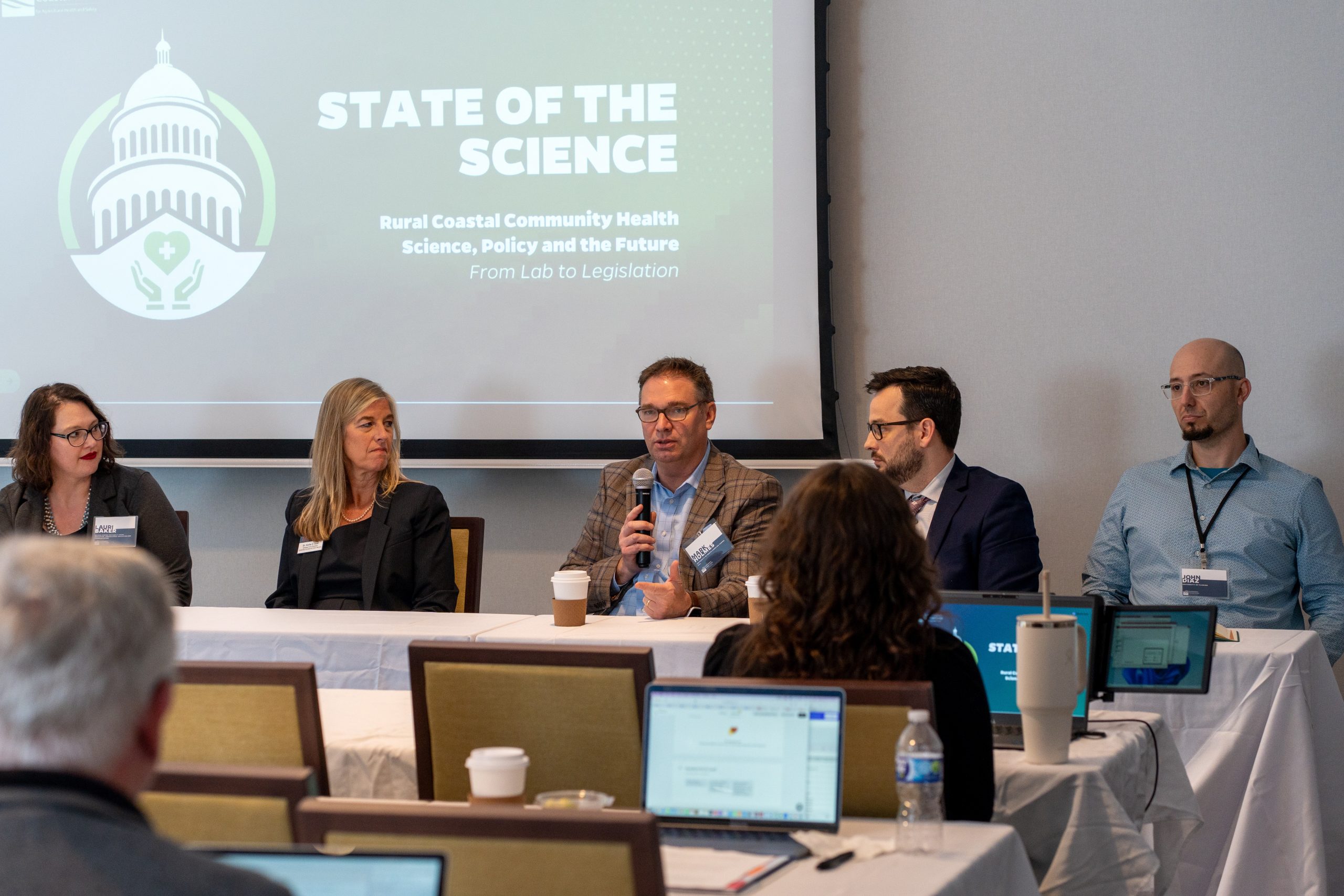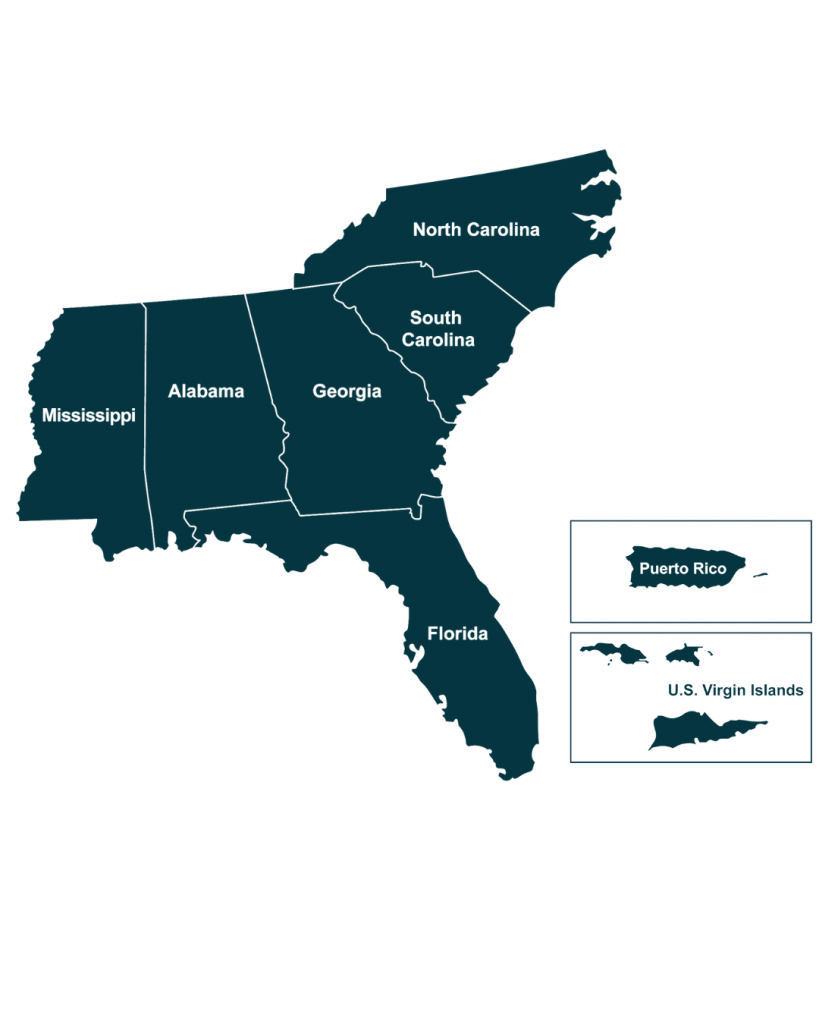In a bid to tackle the unique challenges faced by rural communities, the Southeastern Coastal Center for Agricultural Health and Safety recently hosted its 6th annual State of the Science meeting. The event, which brought together esteemed professionals and early investigators, shed light on the pressing issues surrounding rural healthcare policy while showcasing innovative research aimed at improving the well-being of agricultural workers and rural communities.
Kicking off the agenda was Mark Holmes, Director & Professor at the Cecil G. Sheps Center for Health Services Research, University of North Carolina. Holmes delved into the intricate web of challenges and opportunities in rural healthcare, setting the stage for a series of insightful discussions.
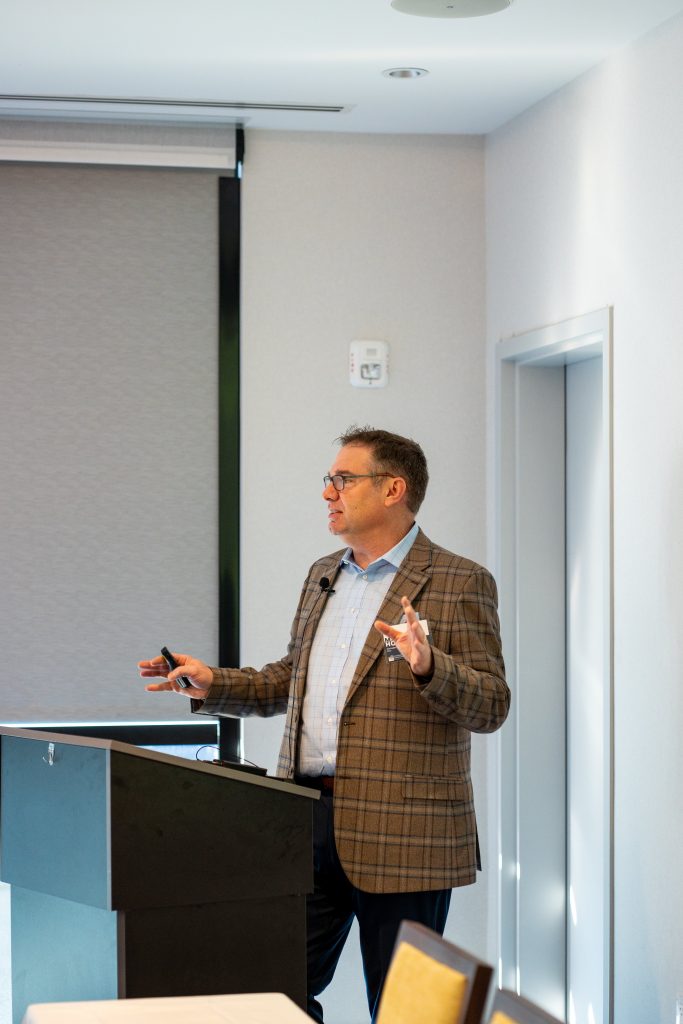
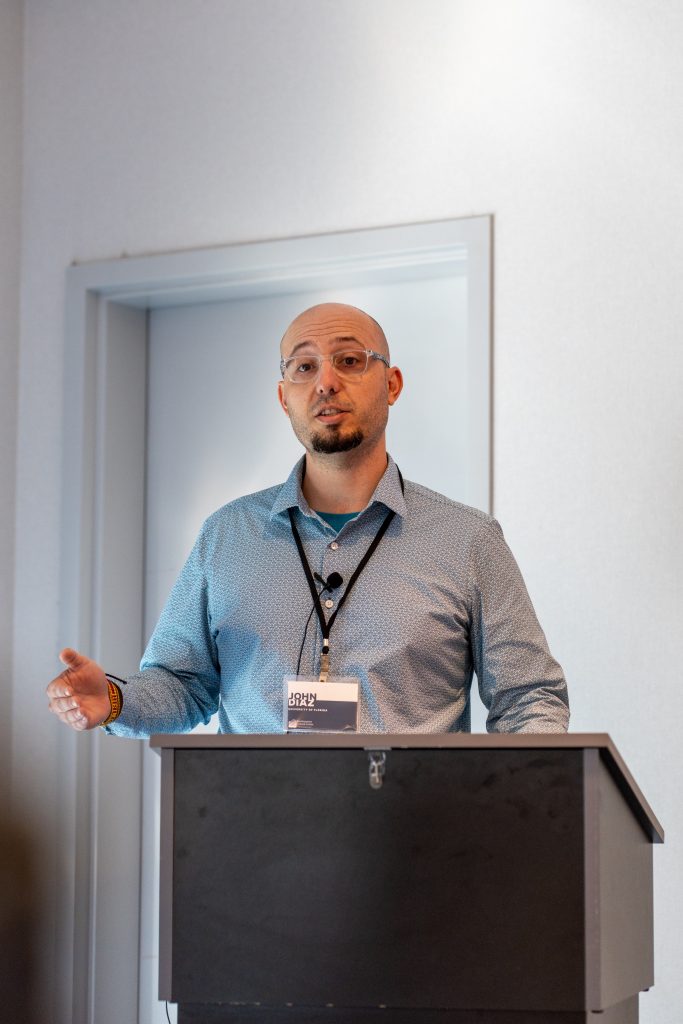
John Diaz, Associate Professor of Agricultural Education and Communication at the University of Florida, highlighted the critical issue of rural healthcare access for agricultural workers, particularly migrant farmworkers. His presentation underscored the importance of bridging the gap between healthcare services and those working in agriculture, a vital yet often overlooked demographic.
Lauri Baker, Associate Professor of Agricultural Education and Communication and Co-Founder of the Center for Rural Enterprise Engagement, also from the University of Florida, emphasized the role of agricultural communication and social science research in addressing rural healthcare disparities. By leveraging effective communication strategies, Baker emphasized the potential to enhance health outcomes and empower rural communities.
David Buys, Associate Professor at the Department of Food Science, Nutrition, and Health Promotion, Mississippi State University, explored the synergies between Cooperative Extension and public health. Buys advocated for a collaborative approach that integrates these sectors to foster holistic solutions to rural healthcare challenges.
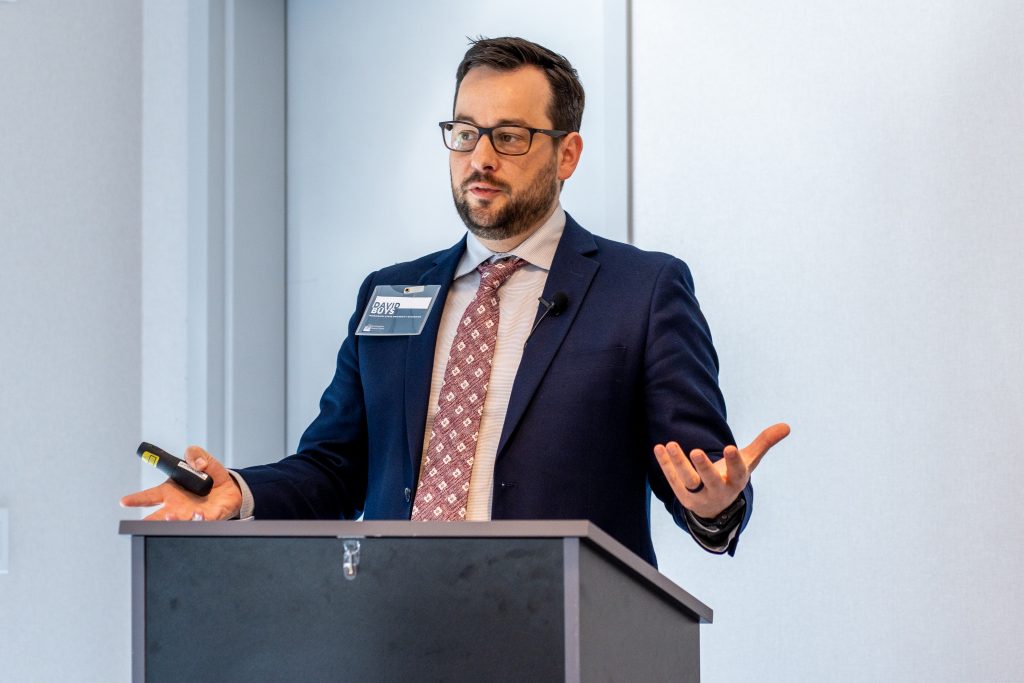
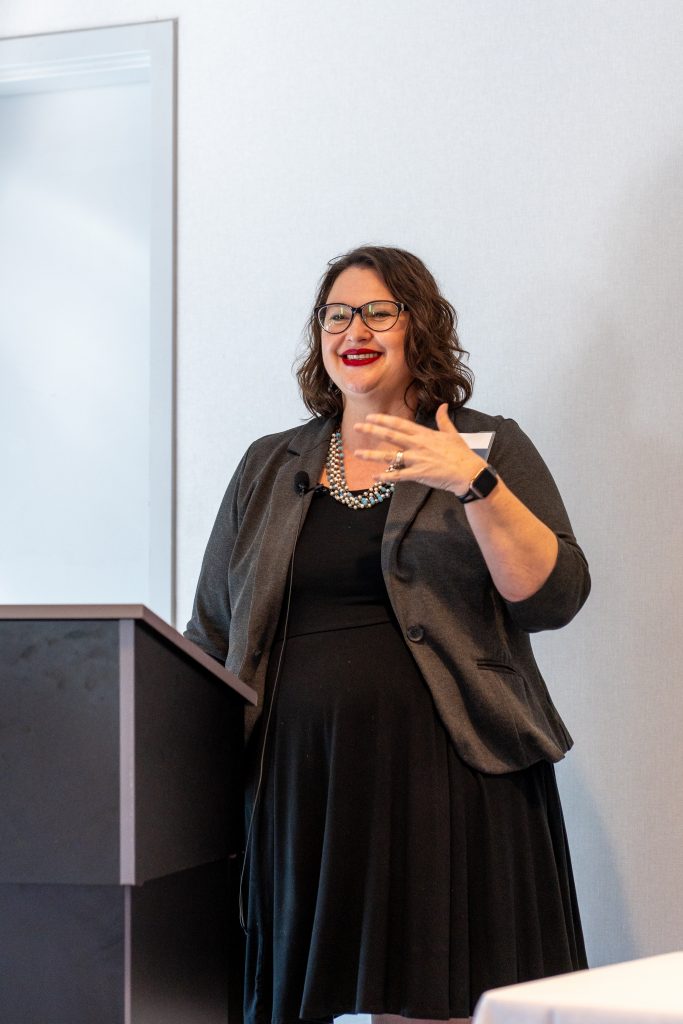
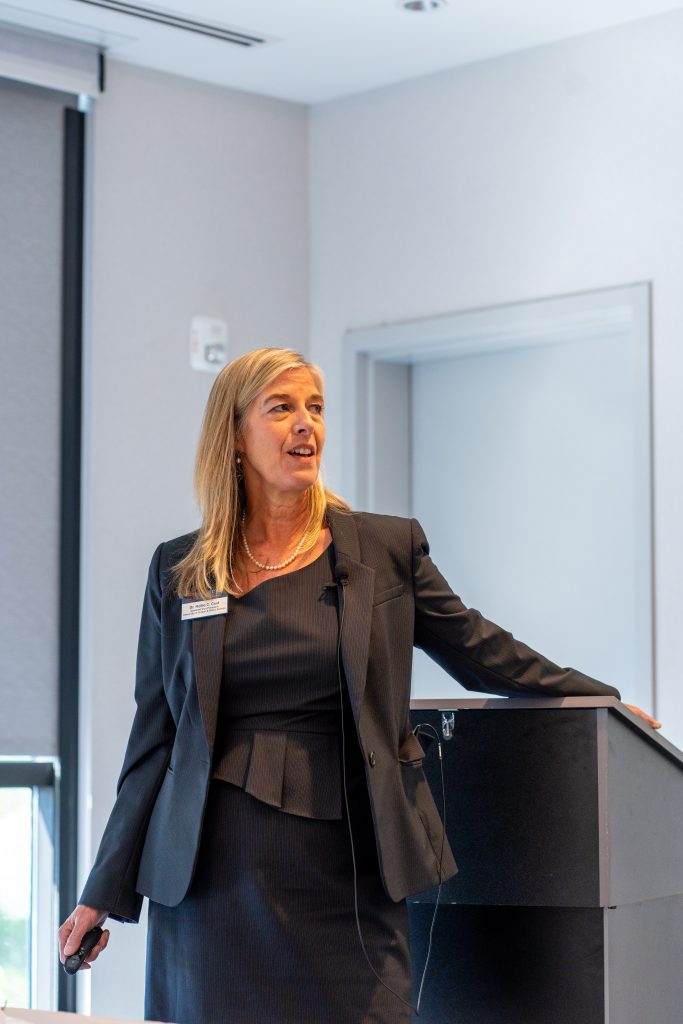
Hollie Cost, Vice President for University Outreach & Public Service at Auburn University, delved into the concept of reinventing rural reality as she share about Auburn University’s Rural Health Initiative. Cost’s presentation highlighted the transformative power of community engagement in cultivating health and vitality in rural areas and how her team is bring health solutions to rural Alabama with the help of the OnMed Care Station.
A policy communication panel discussion moderated by Lisa Lundy, Professor of Agricultural Education and Communication at the University of Florida, provided a platform for experts to exchange ideas and insights on policy implications for rural healthcare initiatives. The panel, featuring distinguished speakers including Katie Vanlandingham, Michael Dukes, and Ricky Telg, offered valuable perspectives on navigating the intersection of policy, health, and agriculture. Telg and Lundy also delivered a policy communication training where participants received a certification badge.
The State of the Science meeting also featured a poster session showcasing innovative research from early investigators from a variety of disciplines, including agricultural sciences, engineering, and public health.
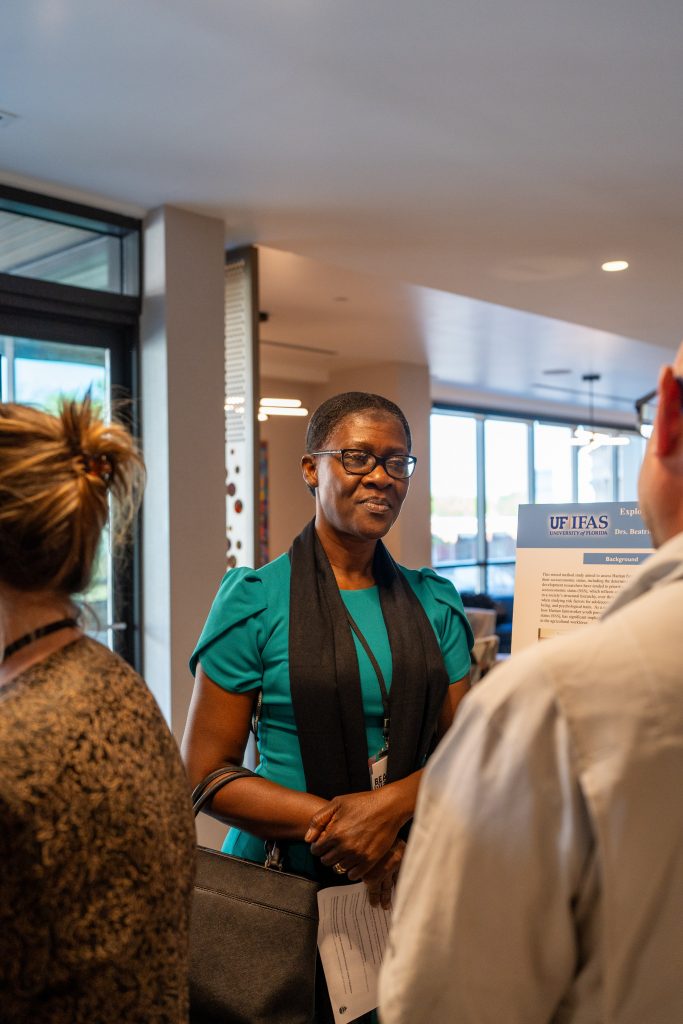
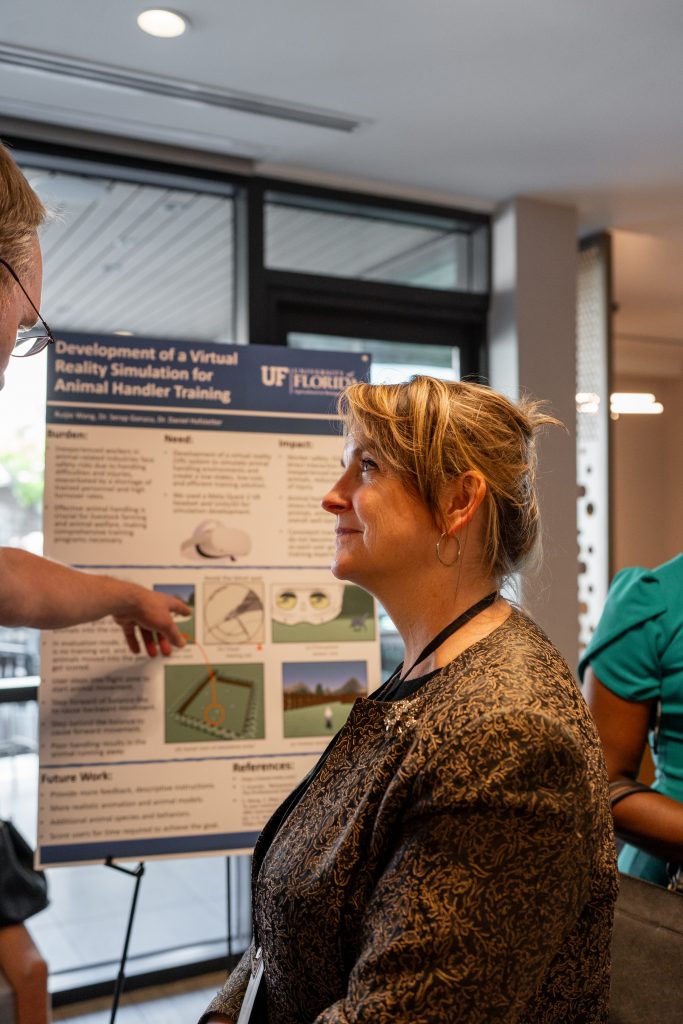
Recognizing the outstanding contributions, awards were presented to the top posters.
Second runner up research poster – Systematic Analysis for Design of Instructional Videos for Self-Management of Low Back Pain in Horticulture | Kim Dunleavy, Jason Beneciuk, Janeen Blythe, Kelly Gurka, Boyi Hu, and Heidi Raduovich
First runner up research poster – Exploring Perception of Socioeconomic Status (SES) among Haitian Farmworker Youths: A Qualitative Examination of Determinants and Implications | Beatrice Fenelon Pierre, Tracy Irani, Jennifer Doty, Kate Fogarty, Sebastien Galindo, and LaToya O’Neal
Outstanding research poster – Bite Back: Navigating Social and Behavioral Frontiers in Tick-Bite Disease Prevention | Cheng-Xian Yang and Lauri M. Baker
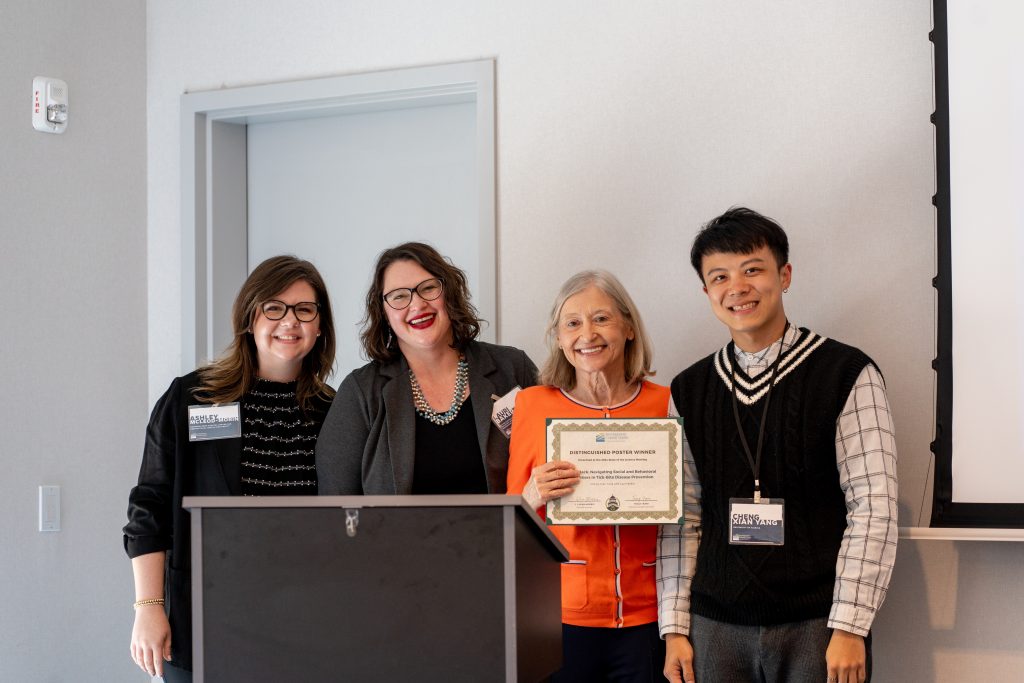
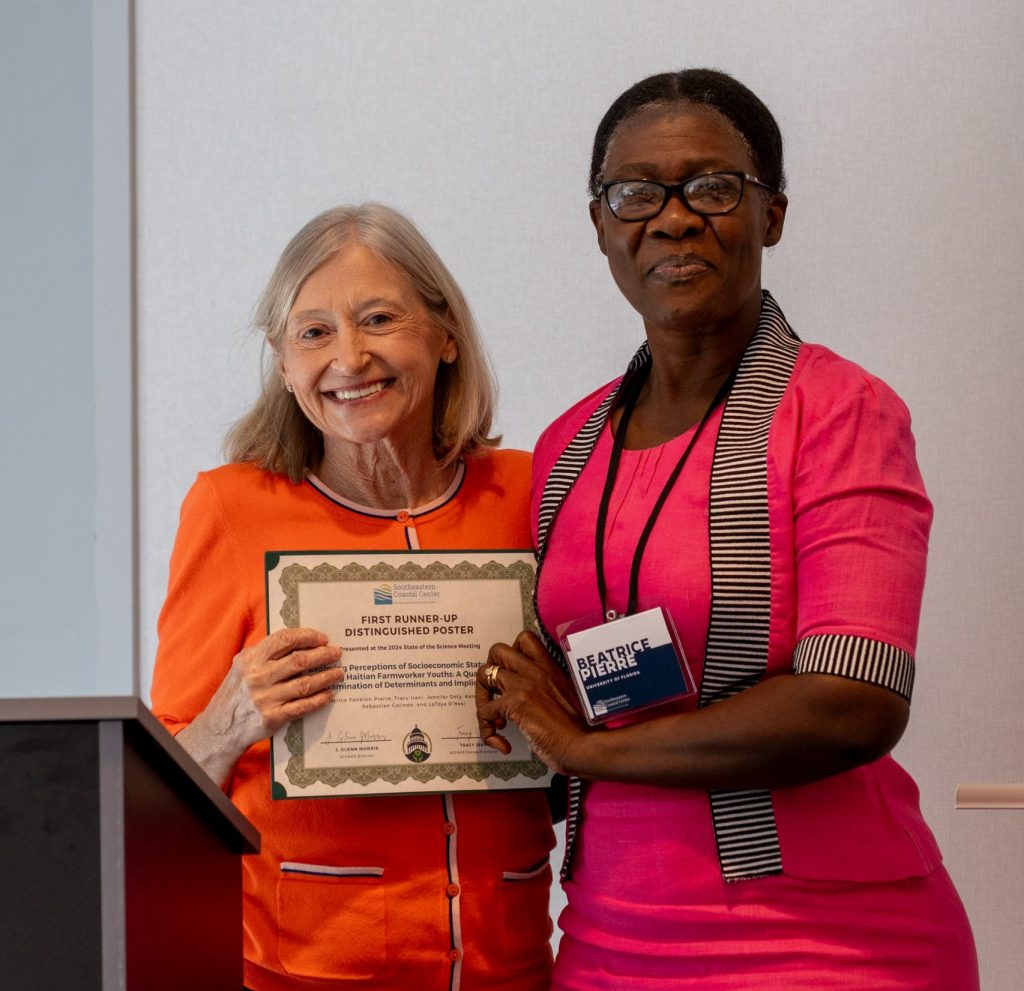
The State of the Science meeting hosted by the Southeastern Coastal Center for Agricultural Health and Safety served as a catalyst for meaningful discussions and collaborative efforts aimed at advancing rural healthcare. By harnessing the collective expertise of professionals and researchers, the event offered promising insights and solutions to address the healthcare needs of rural communities. As we look towards the future, it is imperative to continue fostering interdisciplinary collaboration and innovation to create positive change in rural health and well-being.

